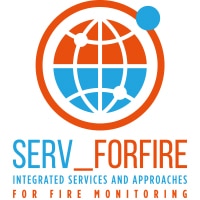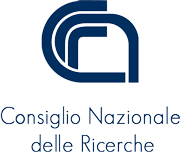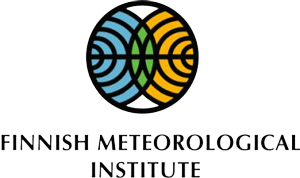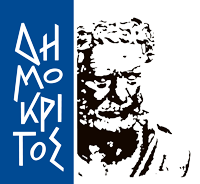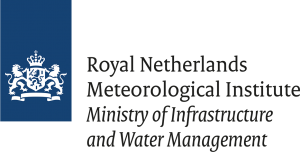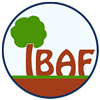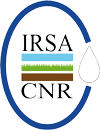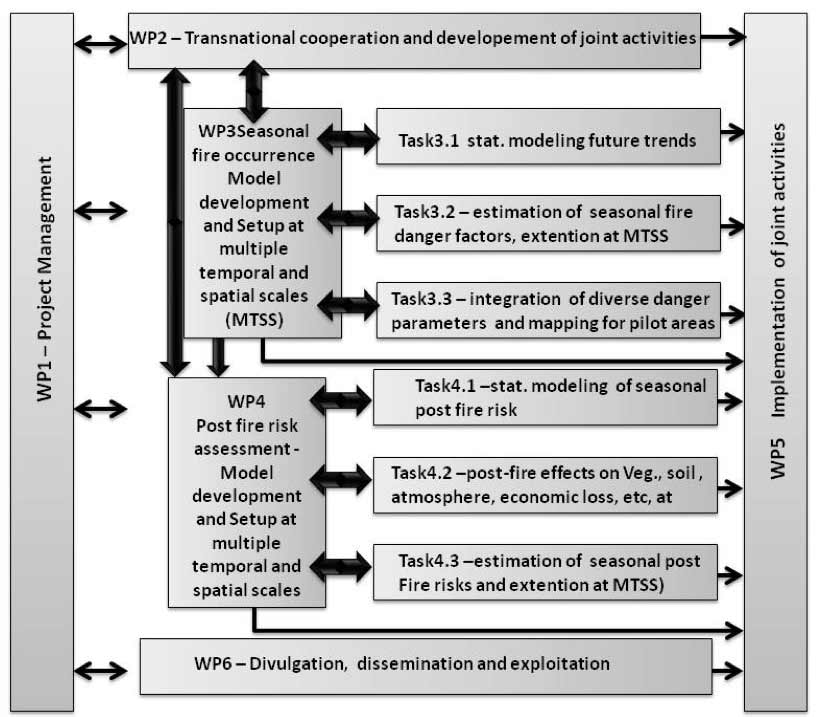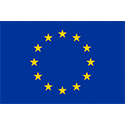The FMI is a research and service agency under the Ministry of Transport and Communications. FMI offers large range of quality weather services and consulting services. FMI researchers produce some 300 publications annually, the majority of them in international scientific journals. The Weather and Climate Change Impact Research (former Climate Services) at the Finnish Meteorological Institute does climate change impact research to support in climate change adaptation and risk assessments. The units’ research activity focuses on weather extremes, their impacts, variability, predictability and change and promote tailoring the weekly to monthly forecasts for the public. This involves a highly multidisciplinary research and it ties weather, climate and socio-economic research together in close collaboration with the stakeholders. The unit comprises of three research groups: Climate Change and Extreme Weather, Seasonal and Climate Applications, Socio-economic Impact Research and the staff consists of about 35 experts. The Seasonal and Climate Applications group is in charge of piloting and developing operational weather and climate models as well as forecast methods, which focus on weather changes and climate impacts.
Atmospheric composition research unit studies and observes the physical and chemical properties of aerosol particles and trace gases effecting to climate and air quality. The main research themes of the unit are the physical properties, composition, and chemical transformation of fine particles, organic compounds in the atmosphere and their analysis methods and development of air quality models and model validation. The Atmospheric Dispersion Modelling group is involved in modelling of atmospheric compounds in micro to global scales. The group develops and evaluates the full range of air pollution dispersion, exposure, and emission models, and other mathematical modelling techniques (such as CFD modelling).
